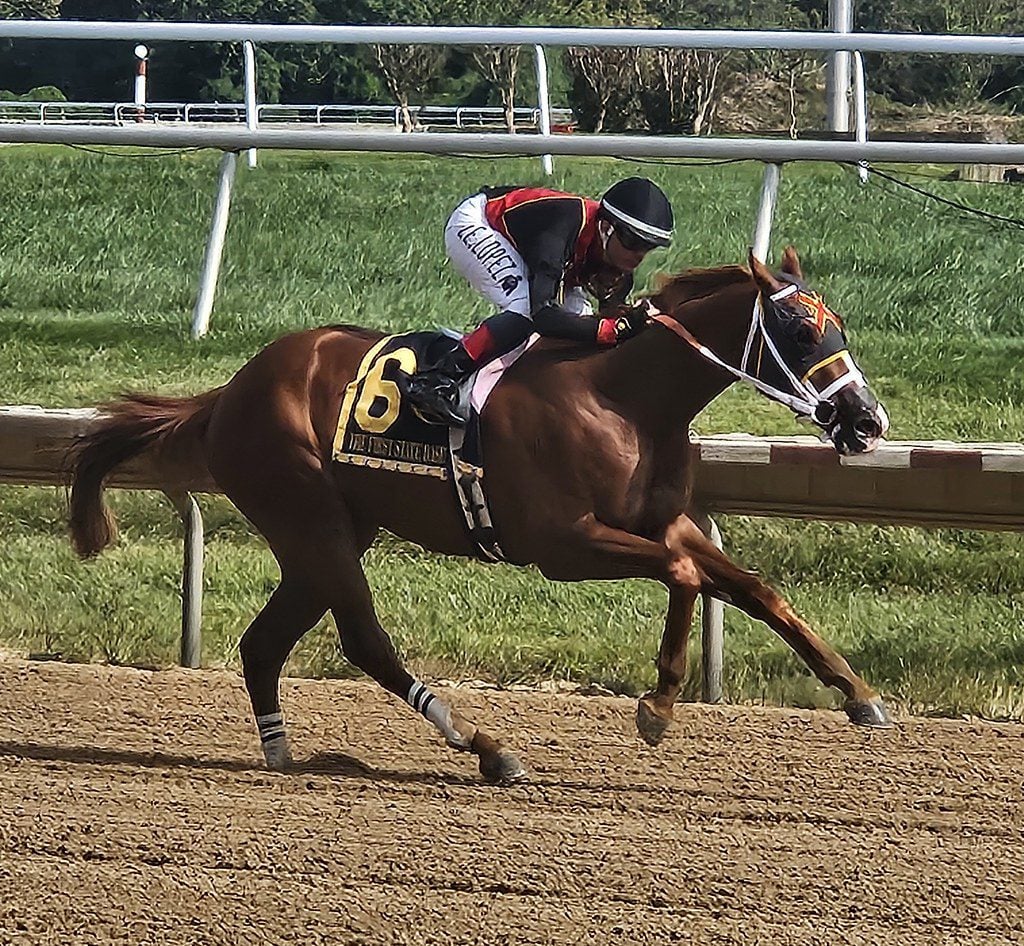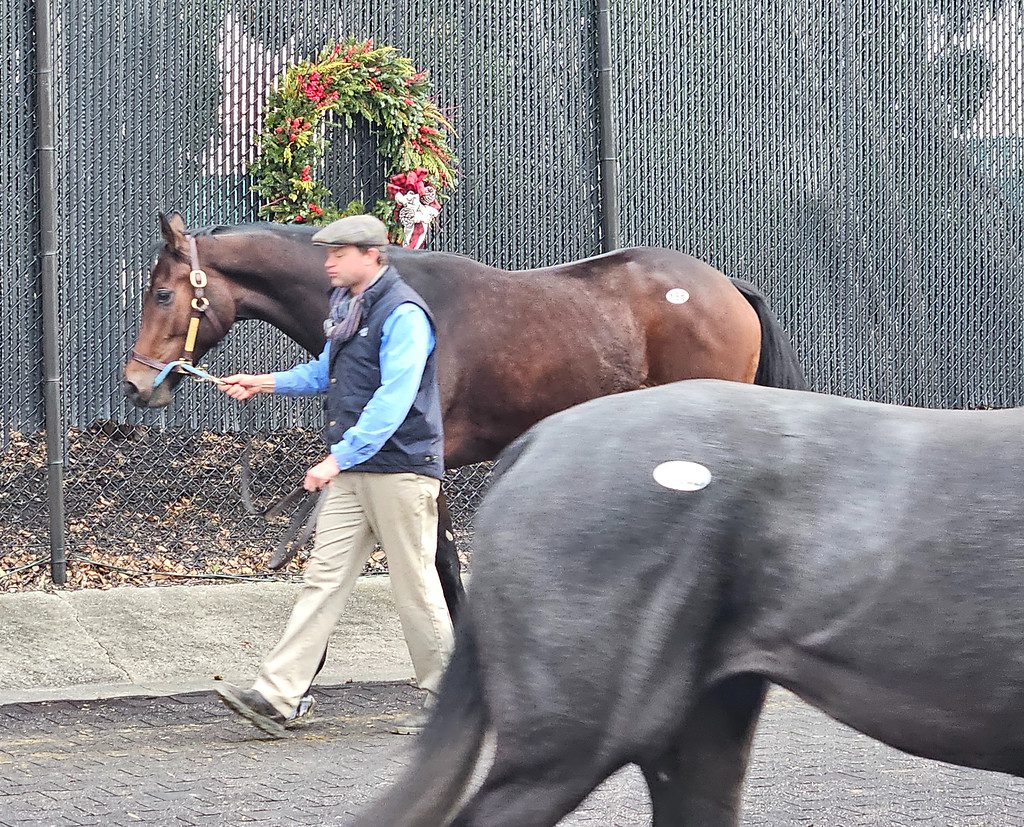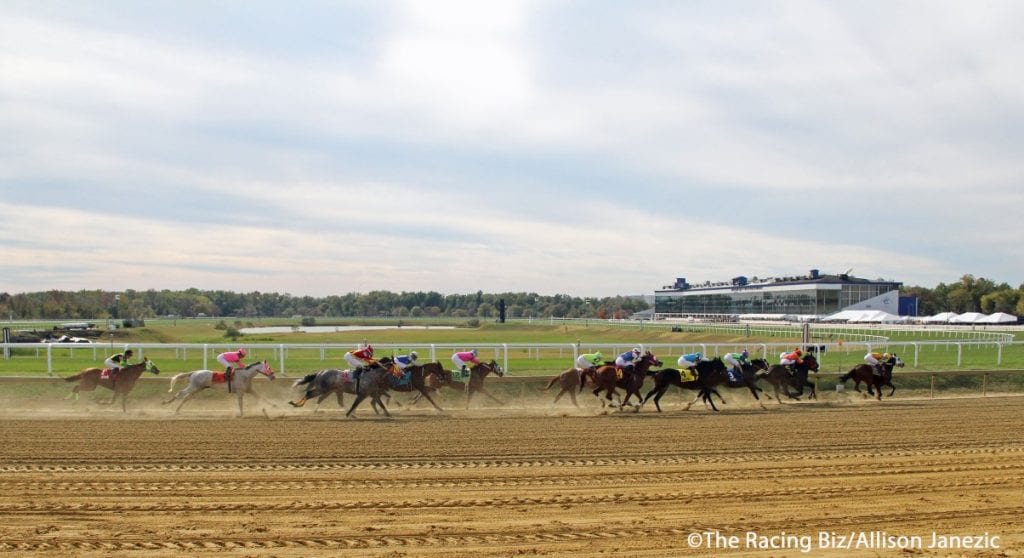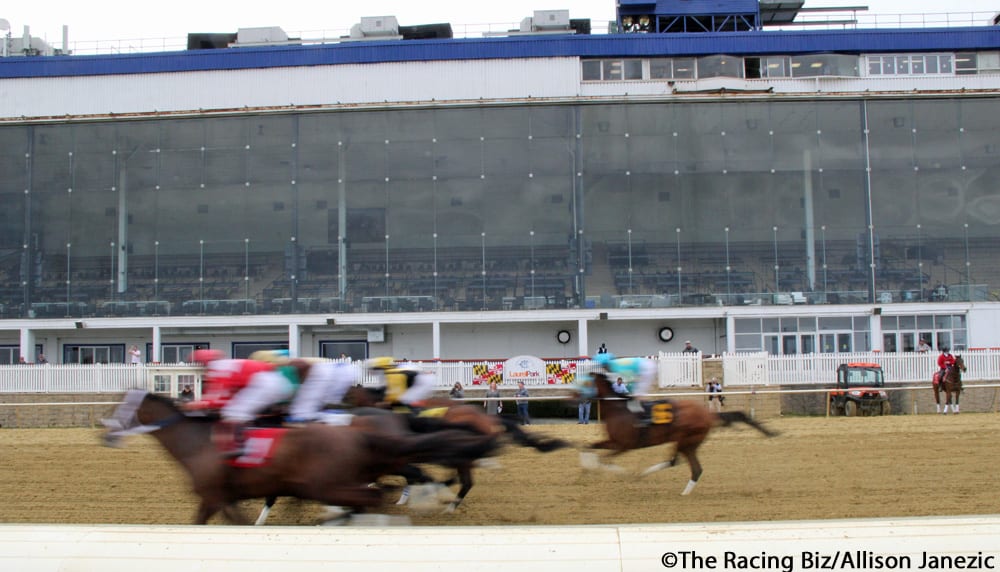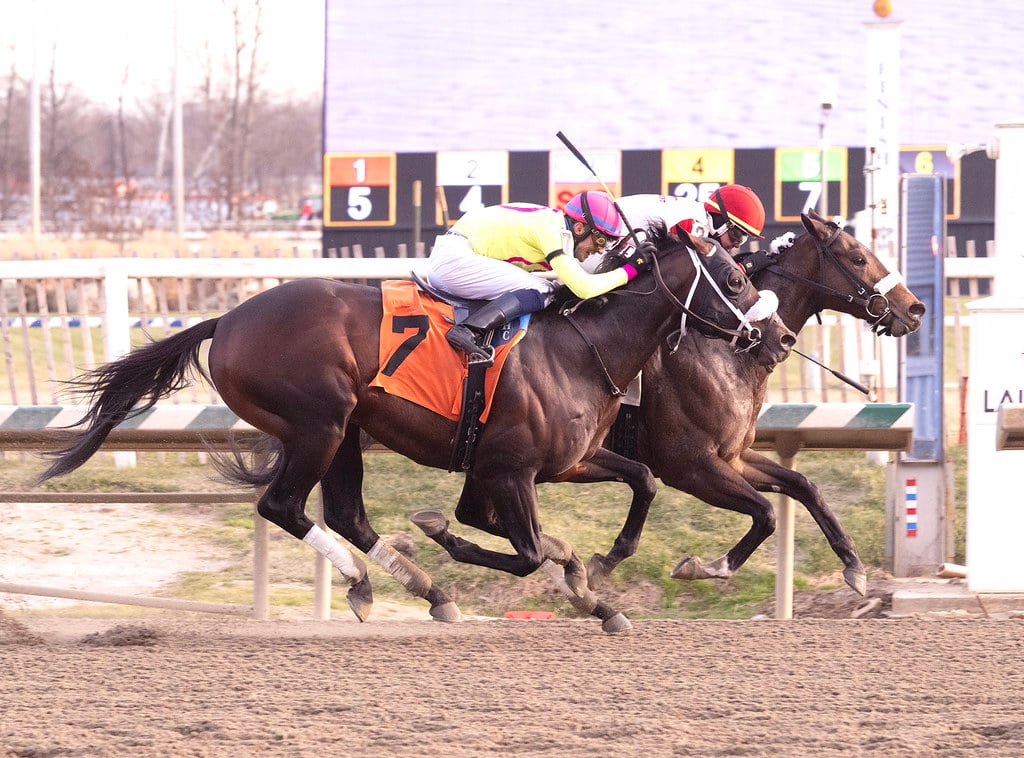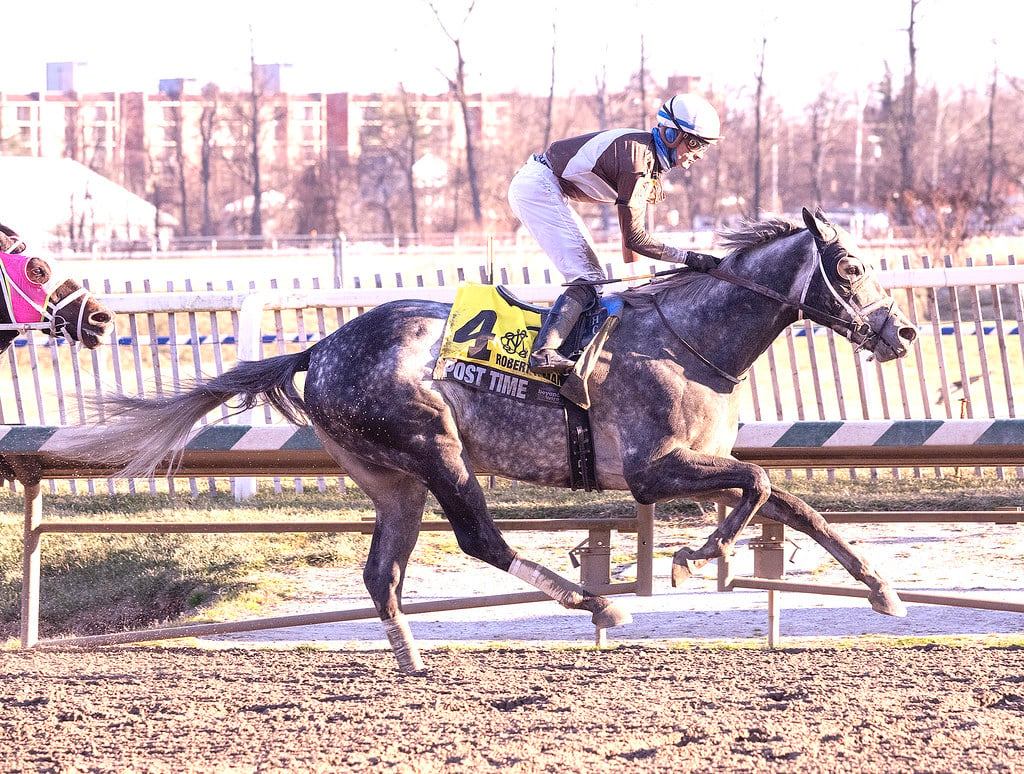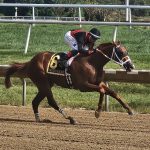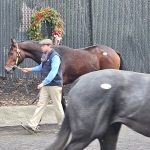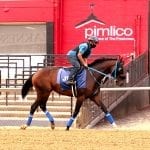GUEST OPINION: GEISHA STAKES RULING MISSED THE MARK
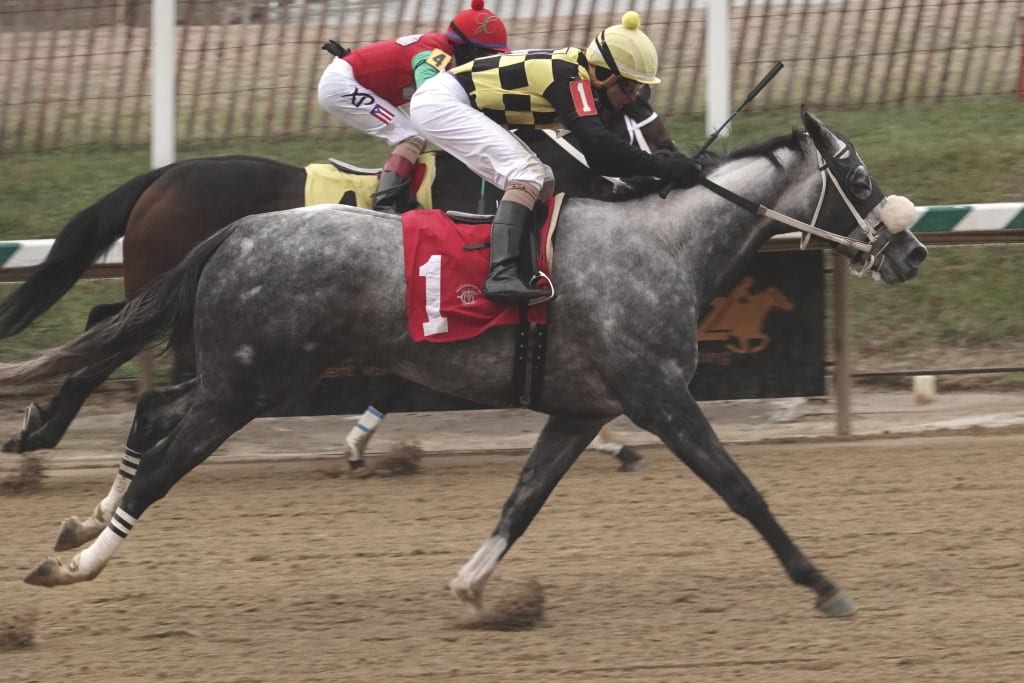
Bruce Spizler served as an assistant Attorney General for the state of Maryland and in that role was counsel to the Maryland Racing Commission. Here, he weighs in on the recent court ruling remanding a case involving the 2020 Geisha Stakes back to the Maryland Racing Commission to modify its method of conducting hearings and consider this case anew.
By Bruce Spizler
The recent ruling of Howard County Circuit Court Judge Lenore Gelfman remanding to the Maryland Racing Commission a case involving the 2020 Geisha Stakes missed the mark, in my opinion, and I am compelled to respond.
In that case, brought by trainer John (Jerry Robb), Judge Gelfman ruled that the Racing Commission’s hearing procedures were flawed, resulting in an incomplete record and the violation of Robb’s right to due process.
The Maryland Racing Commission (MRC), like all state administrative agencies, is assigned an Assistant Attorney General to serve as Advice Counsel. Among his or her many responsibilities, the MRC’s Advice Counsel is given the task of providing legal advice to his or her client throughout a contested case administrative hearing conducted by the MRC, such as the case in question. This particular role is of utmost necessity; considering that, other than a handful of previous and current members of the MRC, most are not familiar with the procedures attendant to conducting a contested case administrative hearing; nor are they especially familiar with what testimony and evidence are probative, relevant and admissible.
Instead, the Commission members are reliant upon their assigned attorney for such advice. Accordingly, the MRC often entrusts its responsibility of conducting the proceedings and making evidentiary determinations to its Advice Counsel. Otherwise, for example, upon each and every objection or other legal issue presented, the MRC would be required to go into Executive Session for the purposes of consulting with their attorney and then deliberating among themselves as to the correct ruling. Even if such impractical, time-consuming procedures were to be followed, shouldn’t the Commission members rely upon the expertise of their attorney in making such legal decisions? Otherwise, why even have their Advice Counsel present?
Thus, contrary to Judge Gelfman’s conclusion, the MRC Advice Counsel is not performing a conflicting, dual role during a contested case hearing; instead, he/she is providing legal advice to the MRC, not only as to administrative hearing procedures; but, even more importantly, as to what testimony and evidence are admissible.
Other than what Judge Gelfman perceived as troubling “optics,” there is nothing to suggest that any of the procedures or any of the evidentiary rulings were biased or incorrect. The result of the MRC relying upon the advice of its legal counsel did not result in an “incomplete or skewed record,” as Judge Gelfman suggested; it resulted in the MRC, as the trier of fact, weighing only relevant, reliable, and probative evidence on a complete and proper record.
- Midlantic news briefs: Laurel expels Gonzalez
 Newsbriefs from around the Mid-Atlantic, among them: Laurel Park has tossed trainer Claudio Gonzalez, Santa gets a permit, and more.
Newsbriefs from around the Mid-Atlantic, among them: Laurel Park has tossed trainer Claudio Gonzalez, Santa gets a permit, and more.
As to the substance of the matter, although acknowledging the Robb case was the first horse racing matter over which she ever has presided, Judge Gelfman concluded that the terms “impede” and “interference” are unconstitutionally vague and, as a result, John (Jerry) Robb was denied due process.
The Judge egregiously fails to note: (1) these terms have been part and parcel of the “Rules of the Race” in place since the MRC first was created in 1920; (2) the same “Rules of the Race” are in place in most, if not all, racing jurisdictions throughout the United States; (3) all licensed horsemen and jockeys know, or should know, what these terms mean; and, most importantly, (4) a determination of whether these rules have been violated is a subjective judgment call, rightly left to the discretion of the Racing Commission’s own experts at the track – the stewards.
To suggest that Mr. Robb, or any other licensed trainer, didn’t know what these terms meant, and that Mr. Robb was not aware such terms are subjective in nature, is ludicrous and strains credulity.
Which brings me to my final, and, prospectively, most important point.
In 2002, the Association of Racing Commissions International (ARCI) promulgated the following Model Rule and encouraged its member racing commissions to adopt it:
A decision by the stewards/judges regarding a disqualification during the running of the race is final and may not be appealed to the Commission. ARCI-003-010(I)(6)
Of the 34 racing jurisdictions in the United States, 16 of them have adopted such a regulation including Kentucky and California. This Rule is premised upon an acknowledgment that the expertise, experience and accreditation of the stewards – the very experts retained by a commission to watch races live and make subjective judgment calls as to whether a foul was, or was not, committed during the running of race – should not be usurped by the subjective judgment call of the far-less experienced lay members of a racing commission upon an appeal and resultant de novo hearing.
The legality and constitutionality of this regulation was litigated in the aftermath of the 145th running of the Kentucky Derby in 2019 where the Kentucky Horse Racing Commission (KHRC) stewards disqualified the winner of the race, Maximum Security, and placed the horse 17th after determining that Maximum Security had interfered with several other runners.
- CT: Juvenile winners connect Sigler, Farrior barns
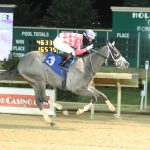 Maskedandmummed swept two November stakes at Charles Town, and a pair of other juveniles impressed in graduating in the muddled 2yo scene there.
Maskedandmummed swept two November stakes at Charles Town, and a pair of other juveniles impressed in graduating in the muddled 2yo scene there.
With literally millions of dollars on the line, the owners of Maximum Security (Gary and Mary West) filed an appeal from the stewards’ ruling to the KHRC; however, the KHRC summarily dismissed the appeal, citing its regulation which, like the ARCI Model Rule, provides:
Findings of fact and determinations (by the stewards) shall be final and shall not be subject to appeal.” 810 KAR 1:017, Sec. 4(2); recodified as 810 KAR 4:060(4)(2).
The owners of Maximum Security then brought an action in the U.S. District Court Eastern District of Kentucky Central Division – Lexington: (1) asking the Federal Court to review the stewards’ decision and to reverse it; and (2) claiming a violation of their due process rights under the Fourteenth Amendment to the U.S. Constitution.
The Federal Court granted the KHRC’s motion to dismiss. West v. Kentucky Horse Racing Commission, 425 F. Supp. 3d 793 (E.D. Ky. 2019). From this decision, the Wests appealed to the United States Court of Appeals for the Sixth Circuit. There, the U. S. Circuit Court of Appeals, affirming the judgment of the District Court in full, held:
What should have been the fastest two minutes in sports turned into over a year of litigation. Neither Kentucky law nor the Fourteenth Amendment allows for judicial second guessing of the stewards’ call. Emphasis added.
West v. Kentucky Horse Racing Commission, et al., 2015 WL 3429763 (August 28, 2020).
A number of years ago, as Advice Counsel to the MRC, per the request of the then-Commission Chairman, I presented to the MRC a lengthy Memorandum suggesting that the MRC adopt the ARCI Model Rule to the effect that a decision by the stewards or judges regarding a disqualification during the running of a race is final and may not be appealed to the Commission. At that time, the topic was hotly debated by the MRC after hearing from numerous horsemen, as well as the stewards; however, in the end, a majority of the Commissioners voted against such a change.
Perhaps the MRC might consider, once again, this matter which, if enacted, would allow the judgment calls of the stewards, who have witnessed thousands upon thousands of incidents and have developed an unparalleled expertise, to stand. Of course, the stewards serve at the pleasure of the MRC. Therefore, if the MRC is displeased with the performance of a particular steward, the steward’s tenure readily can be ended – a far better alternative than having the less experienced members of the MRC substitute their judgment for that of their own experts after conducting a de novo hearing.
LATEST NEWS



